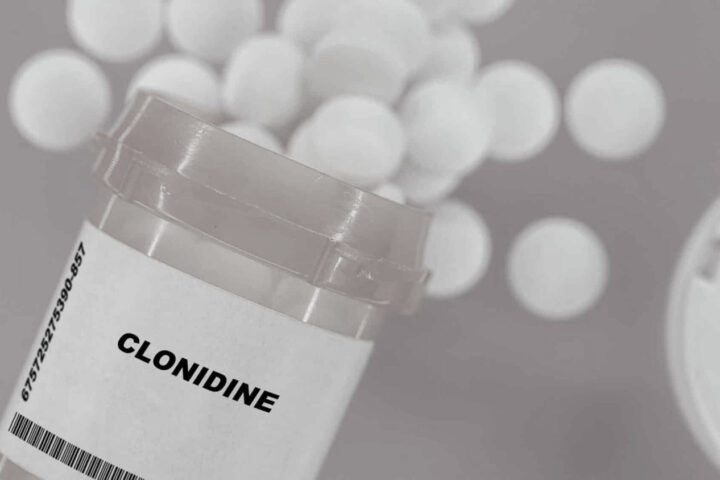When you think of addiction, pregnant women may not be the first demographic that comes to mind. But this is precisely why it’s an unseen epidemic, lurking in the shadows of societal stigmas and complex legal landscapes. In South Africa, where substance abuse is a critical issue, the impact on pregnant women is even more dire. This population often slips through the cracks, facing not only health risks but also potential legal consequences.
The question of legal ramifications is particularly fraught. Laws surrounding substance use during pregnancy can make it difficult for you to seek treatment. For example, disclosing substance use to a healthcare provider might lead to criminal charges, adding another layer of complexity to an already difficult situation. And did you know that in some jurisdictions, substance use during pregnancy can be considered child abuse under civil law? This legal gray area often discourages you from seeking the help you so desperately need, and can lead to a vicious cycle of continued use and fear of prosecution.
On the medical side, the risks are profound. Neonatal Abstinence Syndrome (NAS), preterm birth, and low birth weight are among the dangers posed to your unborn child. And yet, one little-known fact is that abruptly stopping substance use while pregnant, without medical supervision, can also cause severe problems, including miscarriage or fetal distress. You’re in a catch-22: continued use is harmful, but so is sudden withdrawal.
You might think that family and societal support structures would be a safety net, but these too often fall short. The stigmatization of addiction, especially among pregnant women, can be overwhelming. Your family and community might shun you instead of offering the help and emotional support you need. This isolation can further push you into the depths of addiction, a grim outlook for both you and your unborn child.
Challenges surrounding the topic of addiction among pregnant women.
| Aspect | Challenges Faced | Opportunities for Change |
|---|---|---|
| Legal Ramifications | Fear of prosecution discourages seeking help | Develop policies that encourage treatment over punishment |
| Medical Risks | NAS, preterm birth, low birth weight | Specialized treatment programs for pregnant women |
| Sudden Withdrawal | Can lead to miscarriage or fetal distress | Medical supervision during withdrawal |
| Societal Stigma | Isolation and shunning by community | Public awareness campaigns to reduce stigma |
| Support Structures | Often inadequate or judgmental | Building community support groups and networks |
| Treatment Accessibility | Limited specialized programs | Increase funding and accessibility to tailored programs |
So, what’s the way forward? The first step is always acknowledgment and a desire for change. Given the complex legal environment, you should seek professional advice. Specialized treatment programs that deal with pregnancy and addiction do exist, even in South Africa. However limited, they offer a more secure environment for both medical and psychological treatment. 
If you’re navigating the intricate maze of addiction while pregnant, you’d find that both societal and systemic roadblocks stand in your way. The two recent articles highlighted this plight, showcasing not just the health risks involved but also the punitive legal repercussions that dissuade many from seeking help. In the South African context, where healthcare resources are already stretched thin, the issues are magnified. Your treatment options are limited, and stigmatization is likely to be more profound due to cultural norms and traditional beliefs. You’ll find that the healthcare system might not be fully equipped to deal with the nuanced needs of addicted pregnant women, and this makes professional guidance even more critical.
However, the silver lining comes in the form of emerging community-led initiatives and awareness programs that are beginning to shape a more humane policy framework. If you find yourself in this tangled web, your best bet would be to actively seek professional help, even if the system seems intimidating or indifferent. Nelson Mandela once said, “It always seems impossible until it’s done.” The problems may seem insurmountable, but change starts with a single step—a step towards getting the help you and your unborn child need.



